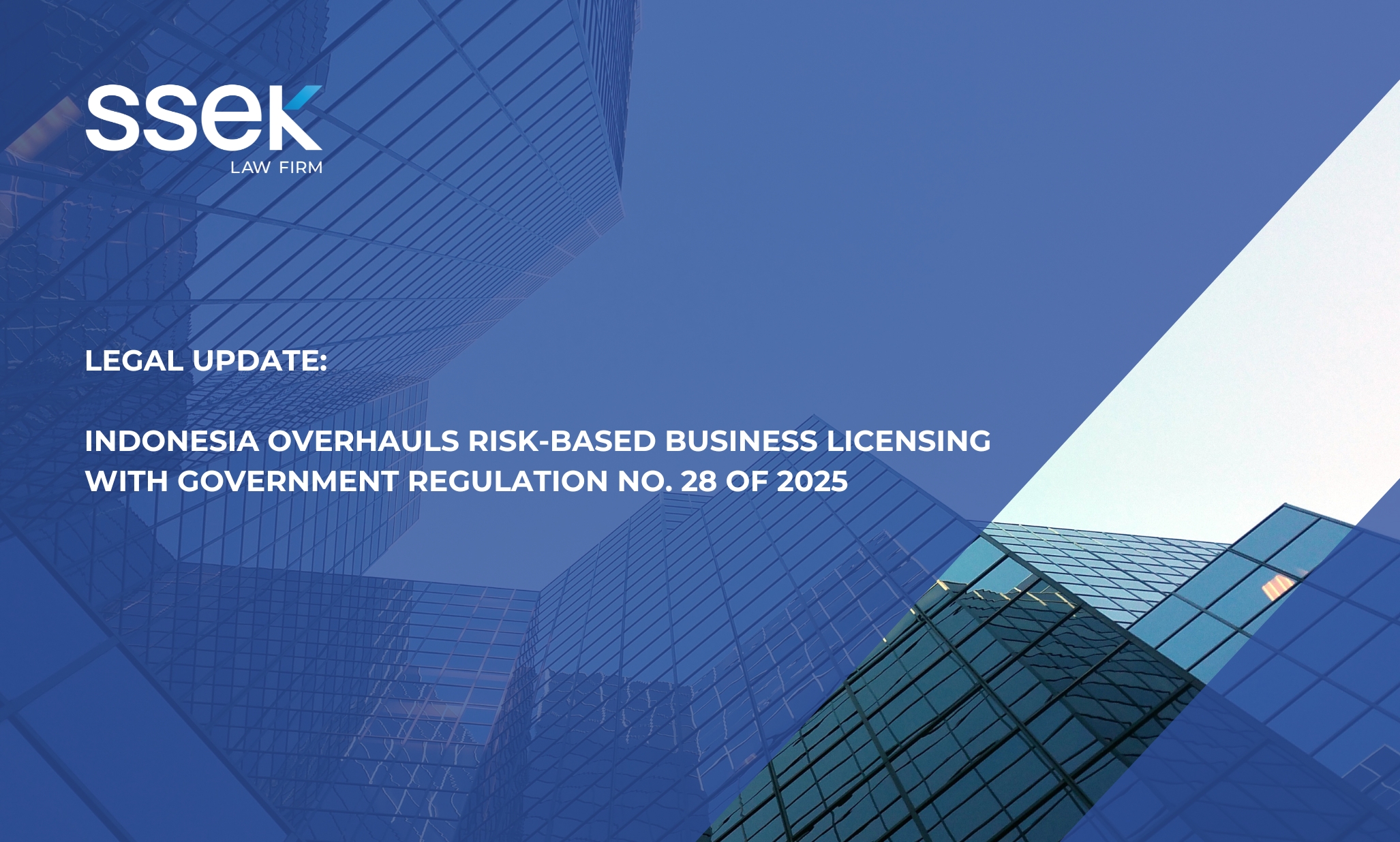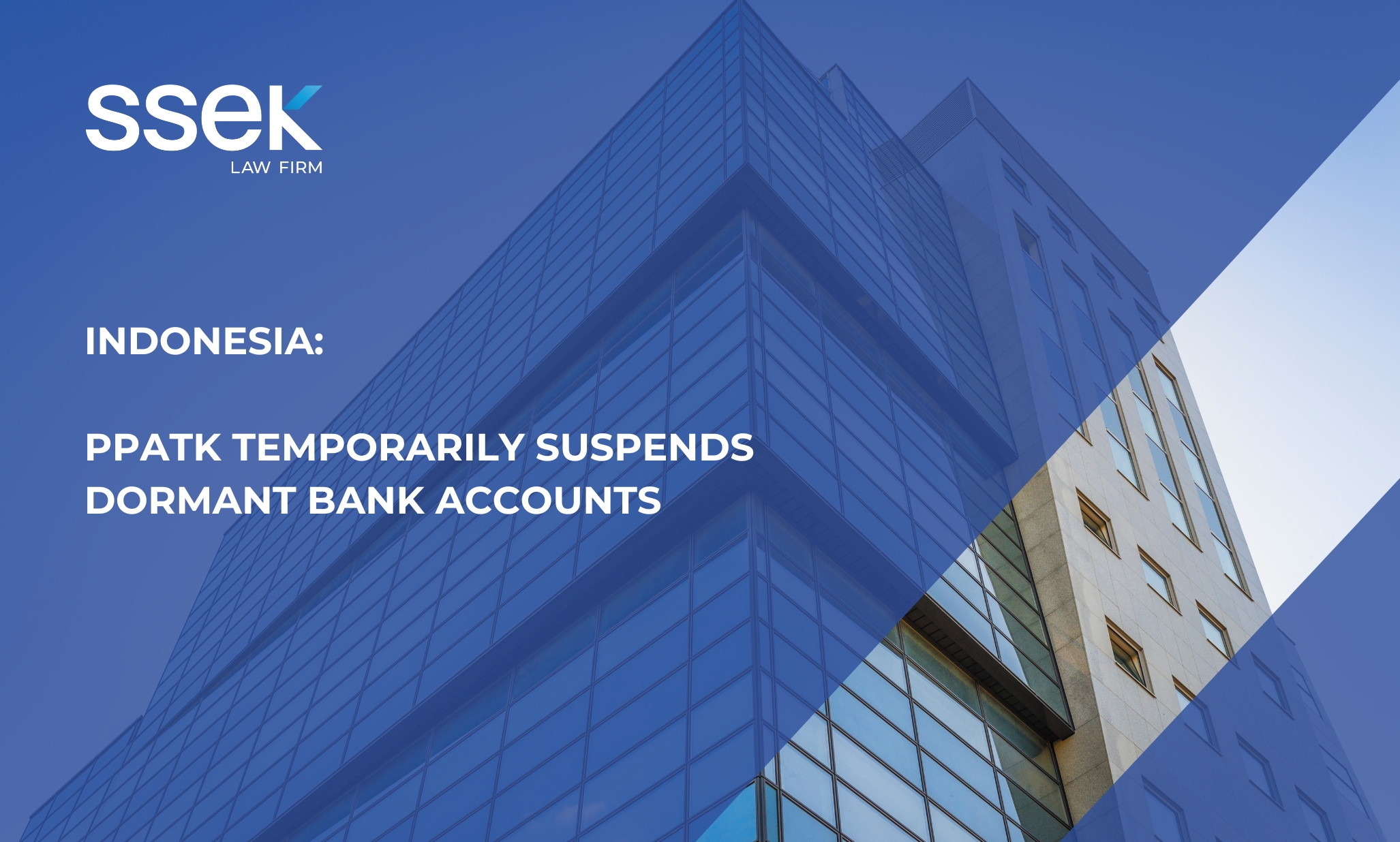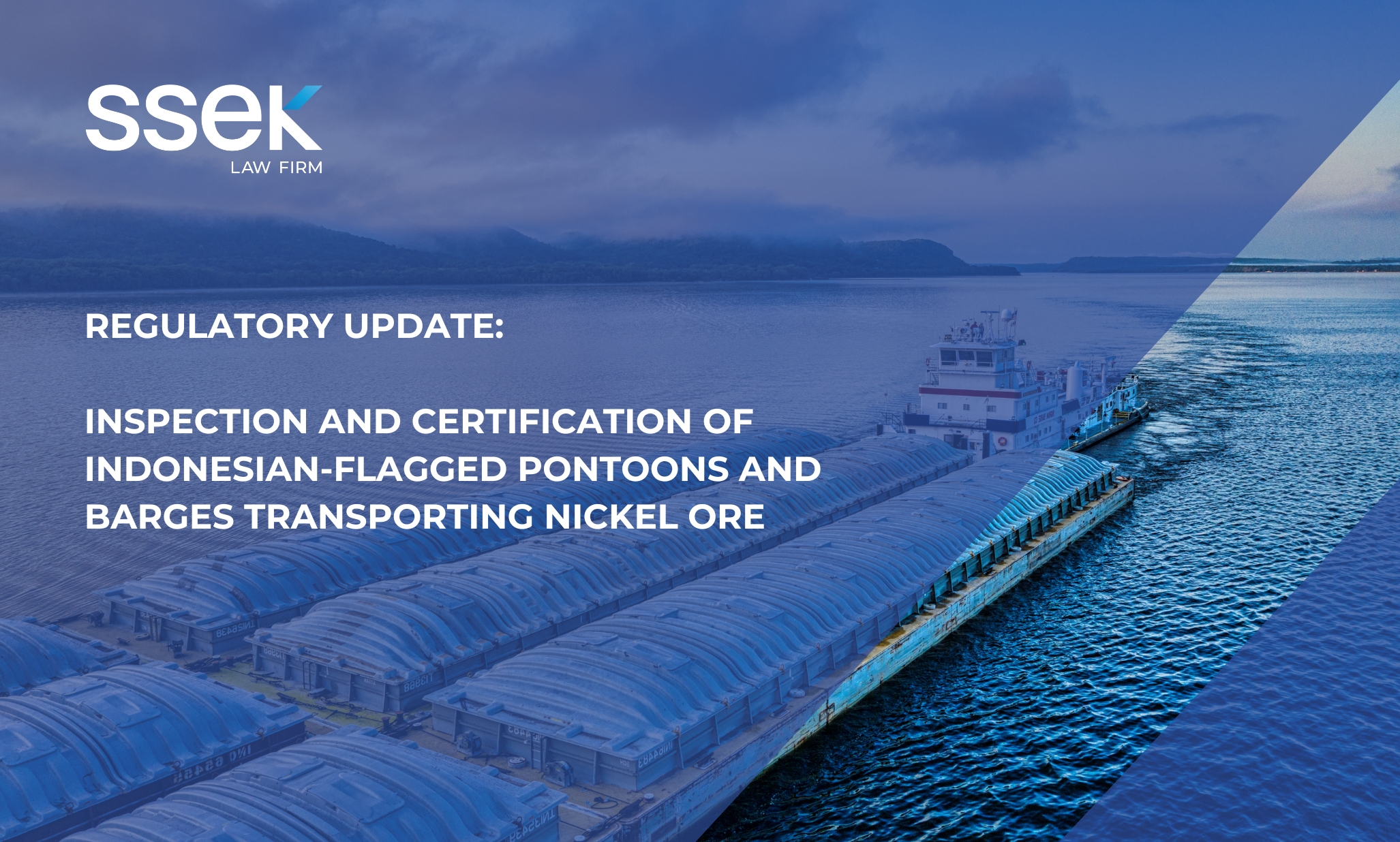

The Indonesian Labor Law provides that each employee shall be entitled to equal treatment from the employer without discrimination. Each employee has the same rights and opportunities to obtain a decent job and livelihood without discrimination by sex, ethnic group, race, religion or political orientation, in accordance with the interests and abilities of the employee, including equal treatment for disabled persons. It is not considered discriminatory for an employer to select candidates based on abilities required for the job (ie, employing a person with a certain language ability to serve customers speaking that language or dialect).
Employment Contract
An employment relationship between an employee and an employer must be documented in a contract.
In general, an employment contract in Indonesia can either be a fixed-term (definite) or an indefinite-term (permanent) contract. Fixed-term employment agreements are subject to stricter requirements than indefinite-term employment agreements. A fixed-term employment agreement must be in writing and in the Indonesian language. If it is not made in writing, a fixed-term employment agreement is deemed an indefinite-term employment agreement. Additionally, a fixed-term employment agreement cannot include a probationary period. Indefinite-term employees are employees who do not fall into the category of fixed-term employees. This type of worker is also known as a permanent worker.
Fixed-Term Employment
A fixed-term employee is also known as a contract worker. Based on the Labor Law, the types of work that can be performed by a fixed-term employee under a fixed-term employment agreement are as follows:
- work to be performed and completed at once, or temporary work;
- work that is estimated to be accomplished within three years;
- seasonal work; and
- work that is related to a new product, new activity or a product that is still in the experimental stage.
A fixed-term employment agreement that is based on a certain period may last for up to two years, and may be extended once for a maximum period of one year. Then, after a grace period of at least 30 days, it can be renewed one time for a maximum of two years.
Probation
Only a permanent employment agreement may provide for a probationary period. A fixed-term employment agreement cannot include probation.
The Labor Law allows a maximum probationary period of three months, during which time the employer can terminate the employee without having to follow the termination procedures as prescribed by law.
A probationary period of employment applies only if it is specified in writing to the employee when he or she is hired. The duration of the probation for any employee must be communicated in advance to the employee concerned. A probationary period can be neither extended nor repeated. Violation of this restriction will mean that the employee automatically acquires permanent status.
Reproduced with permission of Law Business Research Ltd. This article was first published in Lexology Getting the Deal Through - Labour & Employment 2019 (Published: June 2019).
This publication is intended for informational purposes only and does not constitute legal advice. Any reliance on the material contained herein is at the user's own risk. You should contact a lawyer in your jurisdiction if you require legal advice. All SSEK publications are copyrighted and may not be reproduced without the express written consent of SSEK.









